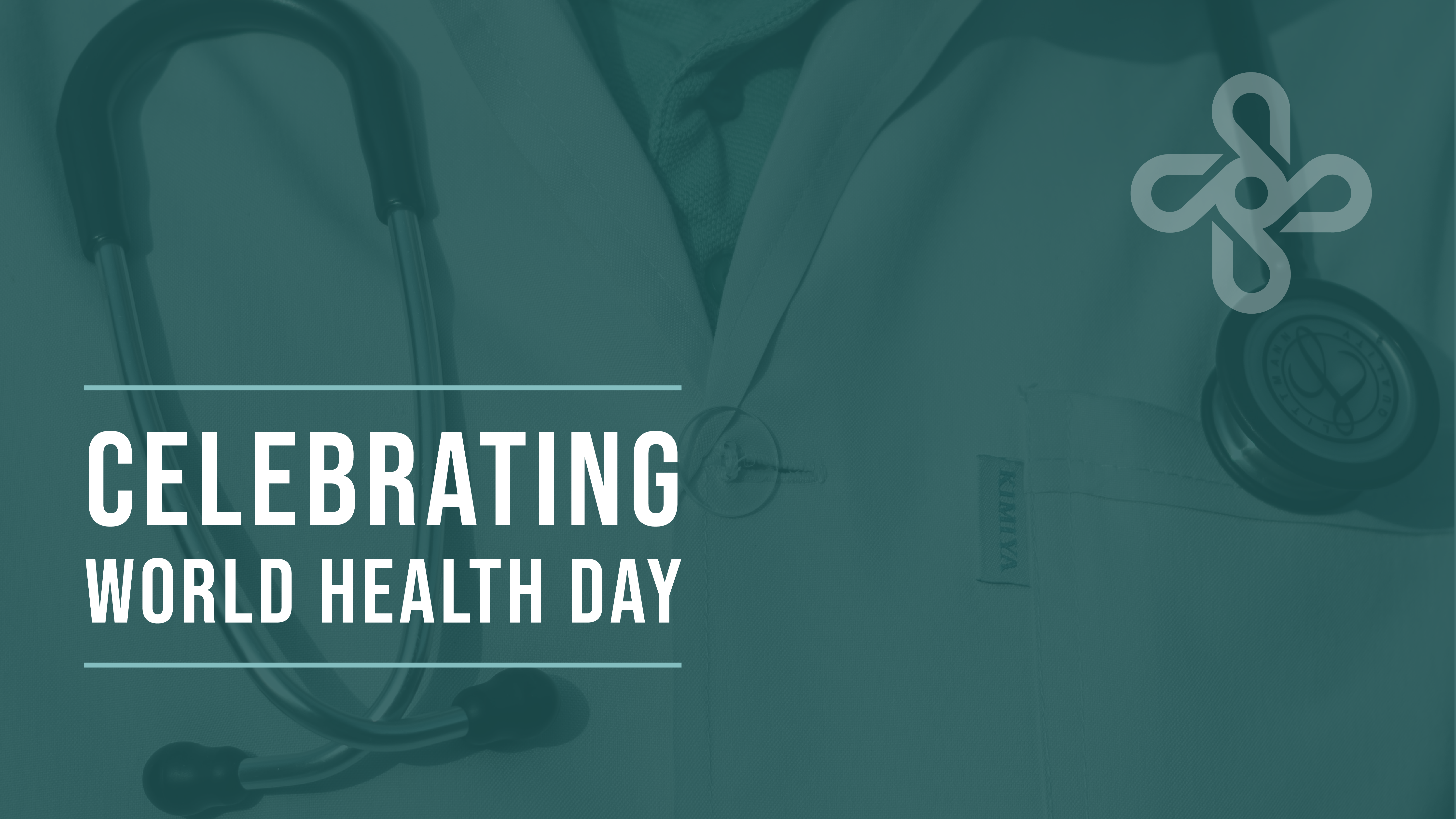
As the world deals with the fallout from the COVID-19 pandemic, many of us are wrestling with stress, anxiety, and fear. We have had to make major shifts in our schedules, we are concerned about our health (and that of our loved ones), and we may even be worried about our resources or work opportunities, both now and in the future. Feeling isolated and unable to channel social energy during this time can add to our mental load. During adverse circumstances, we have to remember that there are some things we can still control, and it can be helpful to find a few ways to put our restless energy to good use.
5 Ways to Put Your Restless Energy to Good Use
#1 – Accept Your Emotions (Even Fear) – It’s natural to experience some fear during times like these. We don’t like to feel afraid, but the truth is that our emotions can become more powerful when we resist them or dwell on them. If we choose to embrace and accept our emotions, to give ourselves space to feel what we feel, the power of those emotions immediately fades, and then we can more easily let the feelings go. If we spend a lot of time trying not to feel a certain way, we only increase our own anxiety — as well as the hold that our emotion has over us. But if we stop and allow ourselves to experience that emotion, we take back control instead of simply reacting, resisting, or obsessing. When you say to yourself, “I’m going to feel my fear right now, and that’s OK,” you may experience fear — but you may also find that your feeling of fear suddenly diminishes in strength. In times of distress, practice exercising agency over your emotions. Accept them, feel them, and then give them (and yourself) permission to move on.
#2 – Practice Mindfulness – Mindfulness is the practice of physical and emotional awareness. We are constantly thinking, feeling, moving, and getting distracted. When you turn your attention to the present moment and your five senses, you can interrupt spiraling thoughts, overturn your resistance to certain emotions, and appreciate the beauty that’s around you. To practice mindfulness, you might:
- Recenter your focus on your immediate surroundings. What do you see, smell, hear, taste, and touch?
- Concentrate on the rhythm of your breathing for a full minute or two.
- Notice your body: Wiggle your toes, open up your hands, take a deep breath, and simply feel what it is like to be in your body.
- What can you appreciate about what you’re observing and experiencing right now? In your mind, express gratitude for the present moment and all that it brings.
 #3 – Practice Meditation – Meditation and mindfulness often go together, but they are separate concepts. Mindfulness means turning your awareness to the moment; meditation means creating a focal point and allowing yourself to relax into that focal point, tuning out everything else for a brief period of time. When you’re practicing mindfulness, you may be observing what’s around you; when you meditate, you want to turn your attention within and even close your eyes. You can pick a word or phrase to focus on, even an image (perhaps something you noticed when you practiced mindfulness), or you may want to simply focus on the rhythm of your breathing. It is not easy to maintain a singular focus, as we are often distracted, and the moment we close our eyes, our minds fill up with thoughts. It takes practice to contain your thoughts and relax into the focal point. You may want to try it for just a minute to start with and work your way into longer periods of time. Meditation allows you to reset yourself, stabilize, and release negative emotions.
#3 – Practice Meditation – Meditation and mindfulness often go together, but they are separate concepts. Mindfulness means turning your awareness to the moment; meditation means creating a focal point and allowing yourself to relax into that focal point, tuning out everything else for a brief period of time. When you’re practicing mindfulness, you may be observing what’s around you; when you meditate, you want to turn your attention within and even close your eyes. You can pick a word or phrase to focus on, even an image (perhaps something you noticed when you practiced mindfulness), or you may want to simply focus on the rhythm of your breathing. It is not easy to maintain a singular focus, as we are often distracted, and the moment we close our eyes, our minds fill up with thoughts. It takes practice to contain your thoughts and relax into the focal point. You may want to try it for just a minute to start with and work your way into longer periods of time. Meditation allows you to reset yourself, stabilize, and release negative emotions.
#4 – Talk to a Counselor – If you feel stuck and unable to process certain thoughts and feelings, it may be worthwhile to talk to a counselor. Counseling is simply about working through those thoughts and emotions with compassionate assistance. Your counselor may offer advice or just listen. You don’t have to have certain types of “problems” to see a counselor: Everyone needs someone to talk to sometimes. During times like this when you can’t see a counselor in person, you may still be able to speak with him or her on the phone or via video chat. Sometimes counseling is even covered by your health insurance, so check your benefits and find out how much coverage you might have. Some counseling centers also offer provisions if you fall under certain criteria, so you can see if you qualify for a lower rate.
#4 – Help Others – When you are caught up in fear and anxiety, it’s important to process your feelings and also turn your attention, as we’ve discussed in the options above. But part of turning your attention may be looking to see how you can help others. There may be friends or family members who are also dealing with fear and anxiety, and you can enter into conversations with them, simply spend time with them, or see if you can meet other needs they have. Not only will you be able to empathize with how they feel (and therefore neither of you would feel alone), but you will be focused on helping them get what they need, which can be a useful way to positively channel your energy.
#5 – Lower Your Expectations – At times, our expectations can cause us a significant amount of stress and frustration. When our expectations for something aren’t met — or we don’t meet our own expectations — we can tend to hold ourselves and others hostage to “what was supposed to happen.” Being flexible and lowering your expectations can restore positive feelings and release some of your pent-up frustration and disappointment. You may be expecting yourself to overcome something faster (even fear), meditate perfectly, or help others instantly — but it’s better to be patient with yourself because all of us are human. We don’t often give ourselves enough space to learn and adapt (especially as adults). Lower your expectations for yourself and the circumstances — even just a little — and you will likely experience a lot less stress.
SpecialtyCare Is Here to Help
At SpecialtyCare, we’re working hard to ensure that our clinicians and partner hospitals have the support they need during this time. Our focus is on their safety and on their operations running smoothly, even and especially during the current crisis. Among our other services, SpecialtyCare provides ECMO technicians and leaders who train nurses to use ECMO machines. If you would like to know more about what we do or how you could work with us, please get in touch with our team today. We would love to speak with you!



Comments are closed.